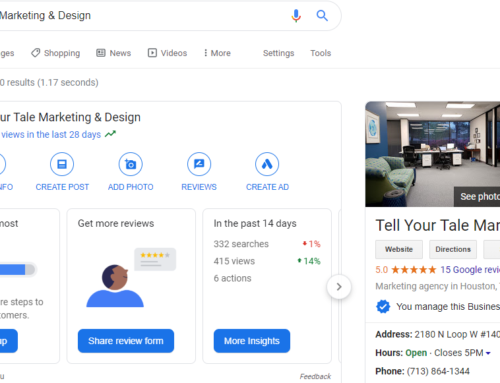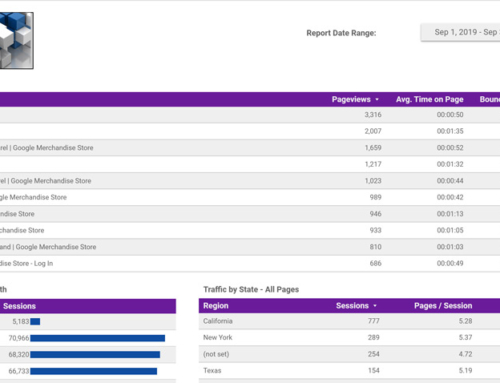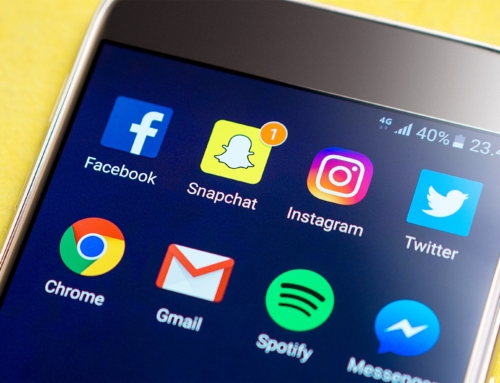
A great variety of topics were covered at the WP Engine Summit that I recently attended in Austin, Texas. Of particular interest was a panel discussion between WP Engine’s Chief Marketing Officer Mary Ellen Dugan and leaders in the Gen Z community about their digital experience expectations. The Generation Z demographic is the group of about 74 million people born between 1995 and 2012 or 2015, depending on the source. That cohort is larger in number than the Baby Boomers. Gen Z is the first generation to have not known a world without social media. This generation prefers to be always online and always connected.
Key Takeaways
- Being authentic & genuine is critical.
- Marketing is preferred on their terms.
- Gen Z relies heavily on Instagram and SnapChat for private and timely information
- Facebook is used to keep in contact with family members and close friends.
Authentic & Genuine
Each of the panel members placed a very high value on authenticity and genuineness in marketing and every other aspect of their lives. On its own, being an influencer has very little value to Gen Z. A celebrity will not have much influence by driving a Ferrari in a commercial. However, if the celebrity owns one, drives it and is passionate about everything Ferrari, the person is quite influential. The influencer must be genuine and authentic at the same time.
This need for authentic and genuine content is partially driven by the flood of false news, inaccurate information and general lack of trust that exists on the Internet and the world around Generation Z. For this reason, Gen Z has a deep desire to make the world a better place and they will succeed.
On Their Own Terms
Previous generations have mostly welcomed the personalization movement, where visiting an online store or website presented content based on previous visits, online purchases and even social media communications. While everyone prefers relevant content and related offers, generations prior to Gen Z have been tolerant of non-relevant content offers and recommendations.
Gen Z has a much higher expectation, to the point where they have redefined “personalized experience” to “on my own terms”. Gen Z is accepting of recommendations based on previous activity, but not nearly as much as previous generations. When shopping for a formal dress, it’s good to make recommendations on shoes, but they should not be flashing LED sneakers. Again, the recommended content must be relevant to the recent search for a formal dress.
Like all generations, Gen Z has accepted that it is being monitored and tracked online, but strongly prefers that it not be in its face and not creepy. Making recommendations and offers is important, but they should only be closely related to the goal the person is trying to achieve. Recommending a particular hat because you recently noticed a Gen Z buyer was browsing camping gear while in the bathroom is a great way to chase off a Gen Z shopper. Marketing must work on Gen Z’s terms.
Social Media
The most popular social media platforms for Gen Z are primarily SnapChat and Instagram for sharing private, timely information, while Facebook is mostly used to keep up with family and the closest of friends.
Gen Z also relies heavily on YouTube for entertainment (versus traditional television with or without recording and fast-forwarding capabilities), which makes sense given that YouTube content is available on-demand. According to the WP Engine panel, Gen Z watches YouTube daily and most of Gen Z says it can’t go a day without it.
Gen Z also generates a tremendous amount of content focused on expressing its individuality and uniqueness. Again, platforms such as YouTube, Instagram and SnapChat provide the tools that Gen Z craves.
All of these Gen Z characteristics are important to consider when building websites, planning social media outreach and conducting various other marketing activities. Even if Gen Z isn’t your target market today, it may become your target audience with time. While the members of Gen Z will of course age, their attributes will in large part remain unchanged. Plus, Gen Z may be purchasing (and influencing the purchases) on behalf of its older parents and grandparents, also known as Gen X and the Baby Boomers respectively. So, how will your marketing today and in the future evolve to address Generation Z?
Related Articles
- Read about the importance of “Digital Authenticity“
- Learn “How to Use Instagram Stories for Business“
- Understand how “Instagram + Business = Great Mix for Marketing ROI“







